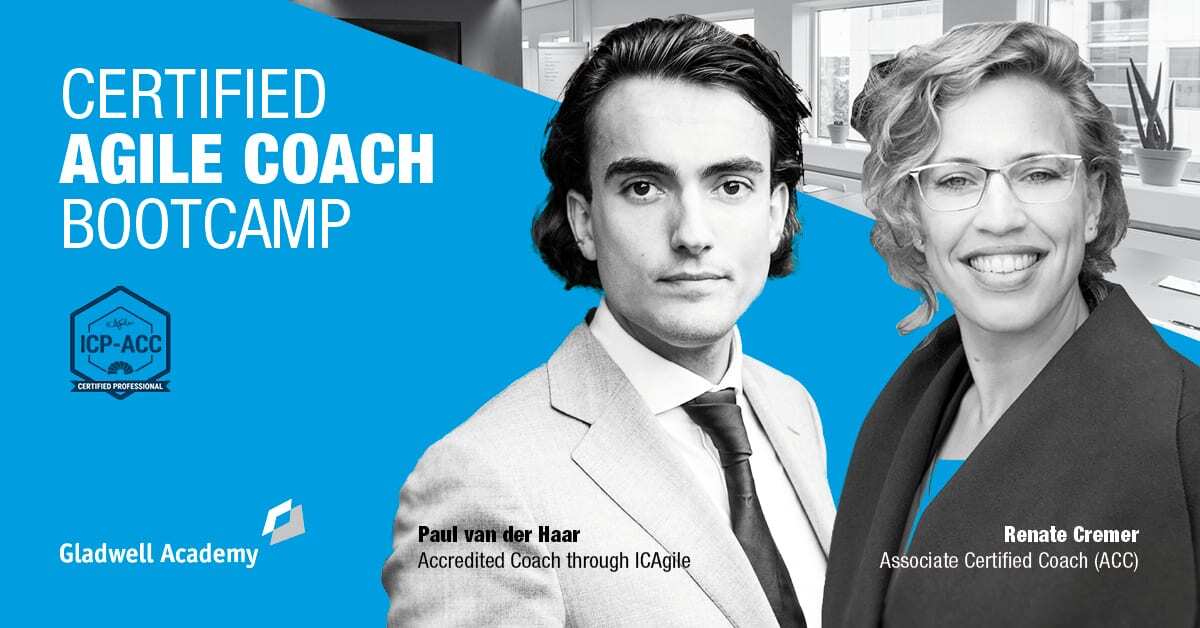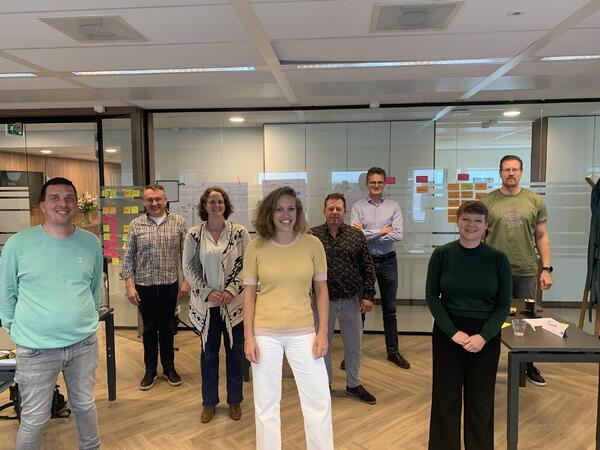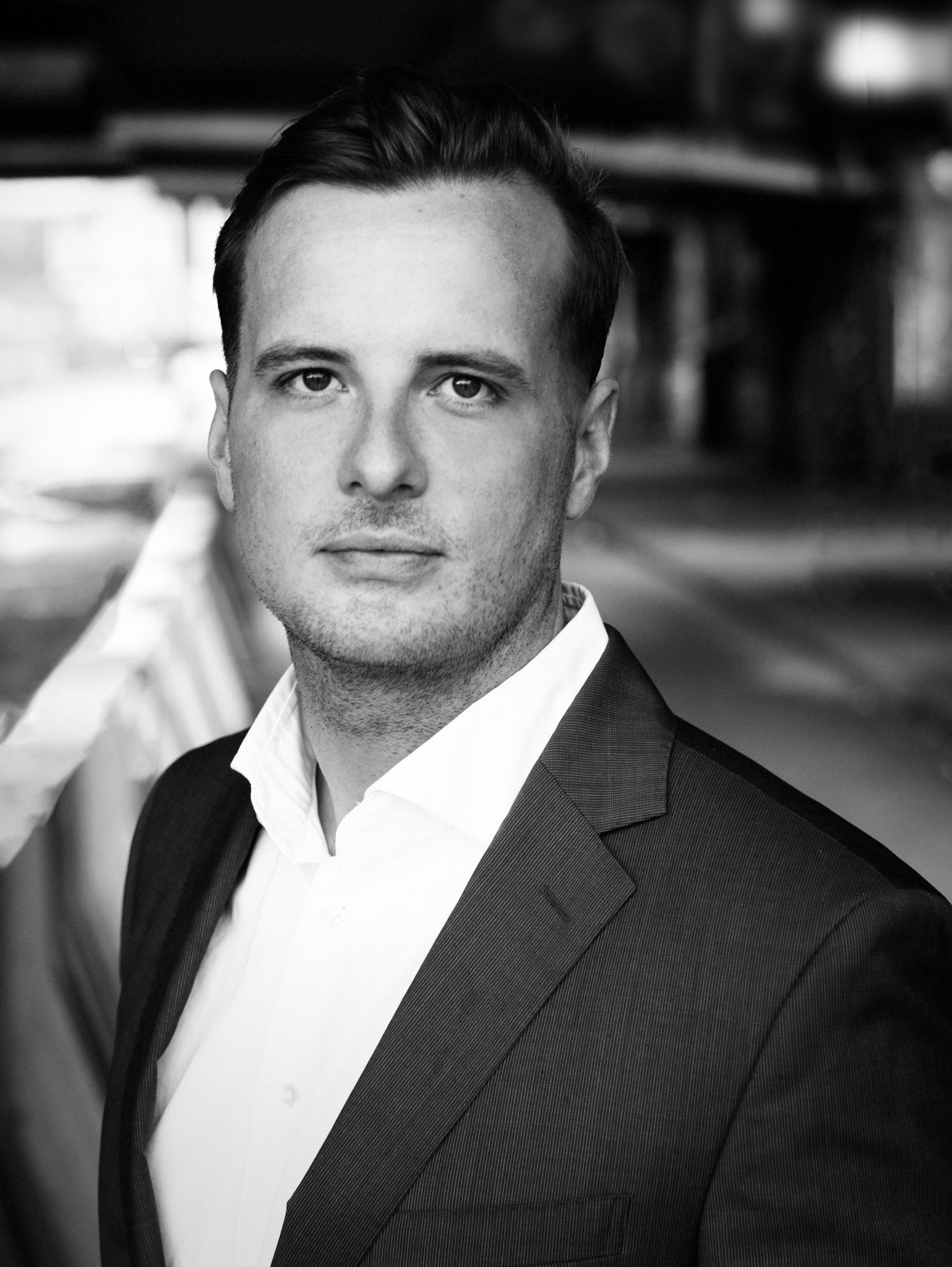Agile Coach Bootcamp Review: What The Participants Think

Why did you attend this course?
Robert: Well, I’m already coaching teams, and it’s always good to gain more knowledge about coaching. I’m also playing a part in making the company more Agile, so it’s important to me to know more about how Agile works.
Geert-Jan: For me, I just started Agile Coaching a few months ago. I was a Scrum Master with a few development teams, and just started with Agile Coaching. Therefore, I think it’s good I broaden my knowledge, learn the different viewpoints we can- I can take- to improve my department.
So, were you ‘made’ an Agile Coach before having any training in it? Wow, really putting a lot of trust in you then.
Geert-Jan: Sure, it really made the course that much more useful to me. I think I can really use what I’ve learned. But is there that much of a difference between an Agile Coach and Scrum Master? Well, in my opinion, no. Therefore, this course was really good to see where -and how- they’re different.
You can’t step up as an Agile Coach to a team and coach the Scrum Master, you have to do it at a different level.
Robert: I feel, when you are coaching with a group of people it is different, and how you are coaching is definitely different. As a Scrum Master you can step up to your group and coach them. You can’t step up as an Agile Coach to a team and coach the Scrum Master, you have to do it at a different level.
Geert-Jan: That’s true, but what I’m doing, what I’m saying, and what I’m trying to accomplish is the same; it’s just at a different level. I’m further away from the teams as an Agile Coach, and that’s a bit different.
Watch the video!
What do you feel you’ve learned over the past three days?
Geert-Jan: For me, I felt I already knew Lyssa Adkins Agile Coaching model. So it wasn’t to see it in the course, but going through it this extensively, I really found out just how linked together the different stances are. I realized you can really play with the model, use it in a way that works for you, and whoever you’re coaching.
Robert: Yeah, I feel the same way. The exercises really brought the model together, that was invaluable.
You got the interactions, the different opinions and ideas, you have discussions about what the theory means. You can read everything in theory, but it doesn’t have the same result as working together and building that knowledge cooperatively.
So you feel being in the classroom with other students was really valuable? Instead of just reading a book or pamphlet?
Robert: Yeah, and also being in-person was valuable. I think online it would be a different course. I mean, look at us right now for example. The way you and Geert-Jan are looking at me right now is making me think more [laughs]. That makes the in-person course more valuable.
Geert-Jan: I feel we got more in-depth information about what’s going on, and more feedback, not just from the trainer but also the other students. It helps you to understand better.
I feel we got more in-depth information about what’s going on, and more feedback, not just from the trainer but also the other students.
How did you feel about the trainers?
Robert: [Renate Cremer] is good at what she does… She listened actively, she was fun to listen to. She was animated and enthusiastic about the material.
Geert-Jan: Yeah, I can absolutely agree. Renate was a great trainer, and I loved the training. I can see she’s very knowledgeable about the subject, she’s really an expert on it. Also, she has a talent for bringing the material ‘to life’; showing us how it looks in action.
Robert: She’s not acting, she knows what she’s doing.
Geert-Jan: Yeah, but I trust her, that she knows it and that she’s done it. I feel a lot of what she’s talking about she knows from practice, from doing it herself.

What will you do different now that you’ve taken the course?
Geert-Jan: I’ve thought a lot about this already. I think the biggest thing is I want to be more explicit; ask the organization, ‘What do I need to do?’ From then on be upfront about what I can do, what I can bring to the table. This way me and the rest of the organization work together on the same side. Hopefully be more formal about what I can and can’t do for the organization.
Robert: We did one exercise, observing and presenting, and I think the observing and presenting are two different things. So, I think I want to be more accurate in observing more things and understanding ‘you can’t do everything at the same time’. I’m going to try and be more aware of my own influence, how I react to people. If you know how you react yourself, you’re better able to help other people. You just have to practice more.
Do you have any recommendations of how we might improve the course further?
Robert: I don’t think three days is enough, the point I want to make is, I think the course could go more in-depth, more into the theoretical backgrounds for why people behave the way they do. Now we saw the model, but I’d like to go deeper.
Well, I think the course is designed to be a starting point. We’re always saying how with Agility you can never know everything. It’s about relentless improvement.
Robert: That’s true, it’s just that people are going to walk out of here and immediately start coaching. You may get your certification, but that doesn’t make you an experienced coach just because you followed the training.
Geert-Jan: No, definitely not. But you are allowed to start coaching, and you will make mistakes, and you will have to deal with it…
Robert: Right, you have all the pitfalls and all the things to learn, and maybe you need another course. To gain the knowledge behind the knowledge.
And there’s always that irreplaceable something of real -lived- experience too. You can only learn so much in a classroom.
Robert: Right!
Also I think I could recommend it to people to make sure they get the right balance of learning new things and reinforcing what I already know.
Would you recommend the course to others?
Geert-Jan: I can recommend this course to colleagues of mine. Also I think I could recommend it to people to make sure they get the right balance of learning new things and reinforcing what I already know.
Robert: Yeah definitely, but I think you have to manage expectations. Ask yourself, what do you want the course to give you? What do you want to gain? What do you have at the end of the three days? It’s meant as a starting point, a good starting point, but you’ll still have a lot to learn.

